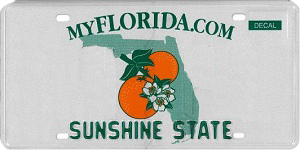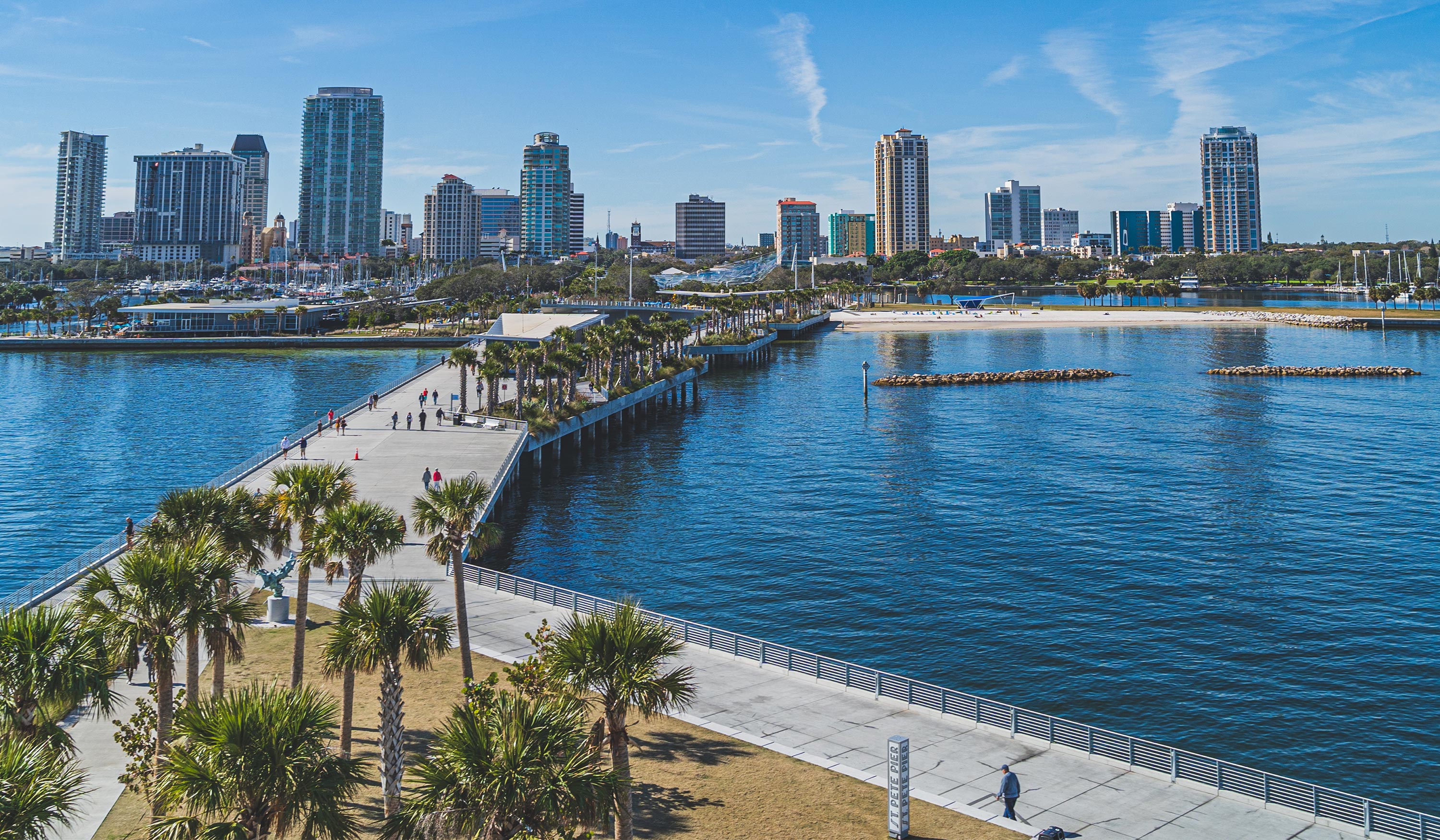
On This Page
Who’s considered a Florida resident?
- Someone working in Florida
- Someone whose children are enrolled in Florida public school
- Someone registered to vote in Florida
- Someone who has filed homestead property tax exemption in Florida
- Someone living in Florida for more than six consecutive months
Florida Driver License
- New Florida residents must obtain a valid FL driver license within 30 days of establishing residency.
- If you are getting a Florida driver license, Commercial Driver License, or ID card for the first time you must visit our office to complete the transaction.
- Must provide all Real ID documents even if out-of-state driver license/ID card is already Real ID compliant
- New residents with a valid out-of-state driver license will need to present and surrender that license at the time of their appointment to receive a Florida driver license
- Must provide two proofs of address
- Florida does not reciprocate a motorcycle endorsement from Alabama.
- Also, commercial driver licenses (CDL) from U.S. Territories and Possessions may not be reciprocated and all change state-of-record applicants seeking Hazmat and Endorsed Florida CDL are required to pass a new Hazardous Material knowledge exam, regardless of any testing done in a previous state.
IMPORTANT UPDATE: See the FLHSMV published list of out-of-state license classes no longer accepted in Florida as of July 1, 2023, per Section 322.033, Florida Statutes. The listed licenses are not valid in Florida and criminal penalties apply consistent with Florida law.

Vehicle & Registration
- In the state of Florida, a motor vehicle is required by law to be registered within 30 days of the owner either becoming employed, placing children in public school, or establishing residency.
- Registering your motor vehicle goes hand in hand with the titling process
- To complete an out-of-state title transfer, you will need the following:
- Proof of Florida insurance (must state it is a Florida Policy)
- The Florida Department of Highway Safety and Motor Vehicles (FLHSMV) does not require proof of insurance for:
- Motorcycles
- Trailers
- Boats
- Mobile Homes
- Off-Highway Vehicles
- The Florida Department of Highway Safety and Motor Vehicles (FLHSMV) does not require proof of insurance for:
- Valid ID for all vehicle owners. Examples include:
- State issued driver license / ID card (includes US Territories)
- Passport from any country
- Canadian driver license / ID card
- VIN (Vehicle Identification Number) Verification
- Either bring your vehicle for verification or
- Bring in Form HSMV 82042 - VIN Verification Form - filled out by a notary or other approved person as outlined on the form
- Title
- If a lien holder/bank has the title, you will need to provide one of the following:
- Out of state registration or renewal notice (can be up to six months after expiration)
- Verification from the Department of Motor Vehicles
- A copy of the out of state title
- A letter/fax from the lienholder
- If you are leasing the vehicle, you will need to bring both of the following:
- Lease agreement
- Registration
- Please Note: If you recently purchased or acquired a vehicle from out of state
- The title must contain a purchase price and name of purchaser
- Non-exempt vehicles must also include an odometer reading
- If any of this information is missing a completed Bill of Sale will be required
- If a lien holder/bank has the title, you will need to provide one of the following:
- Proof of Florida insurance (must state it is a Florida Policy)
- All owners must be present. In the event one co-owner cannot be present, an authorized power of attorney form - HSMV 82053 - may be completed, and the original signed form along with a copy of the absent owner’s valid identification must be presented at the time of transaction.
- Any business is required to submit documentation showing it is a registered business.
- If you purchased your motor vehicle or vessel less than six months ago in another state, territory of the United States, or the District of Columbia, the full amount of six percent Florida sales tax and one percent local discretionary sales tax is required to be paid before a title and registration can be issued.
- However, a credit may be allowed for a like tax paid in another state or territory of the United States or in the District of Columbia, against the amount of Florida sales or use tax and local discretionary sales surtax.
